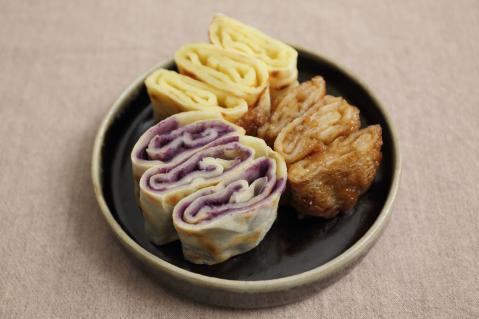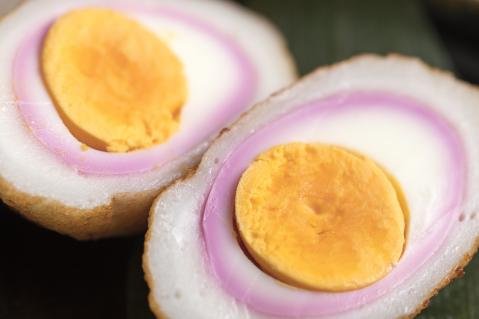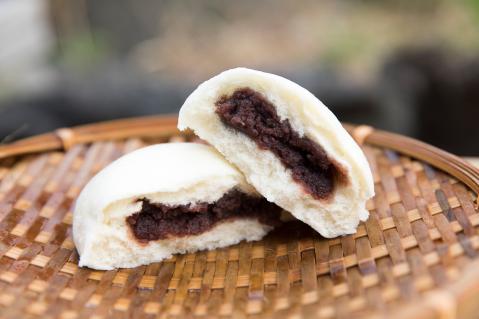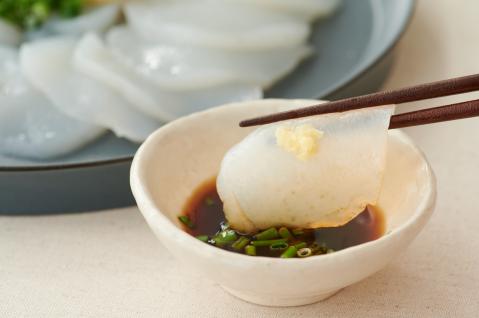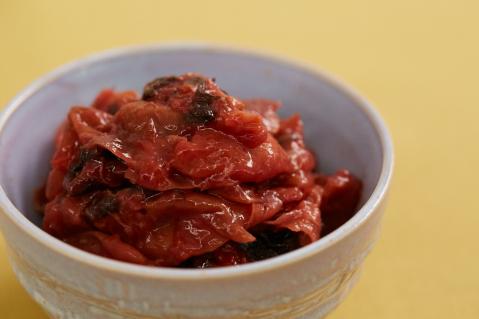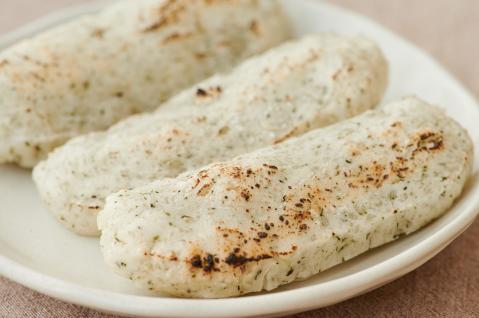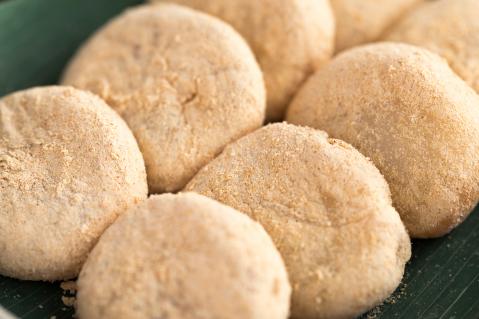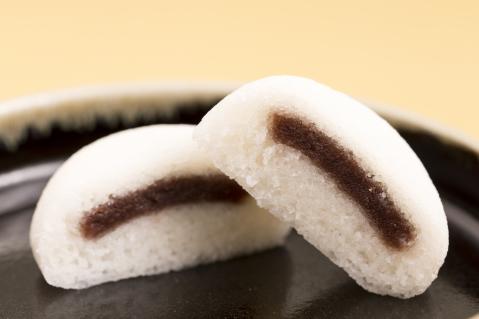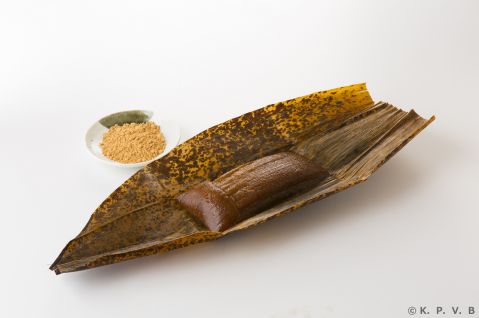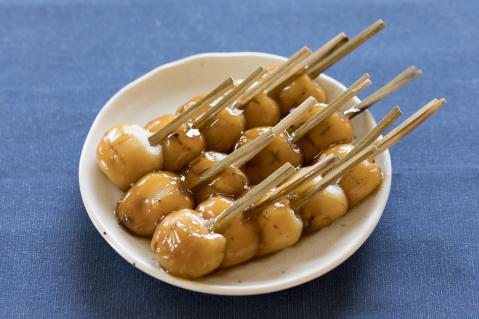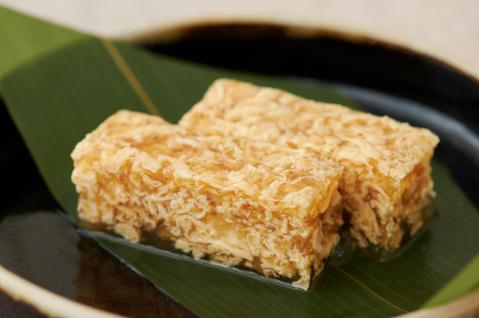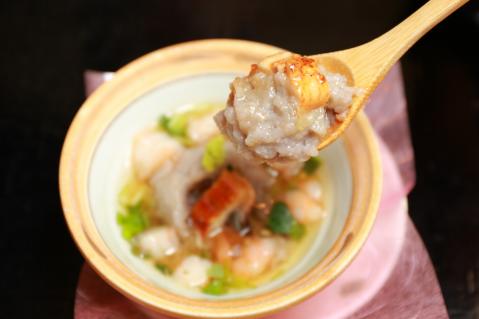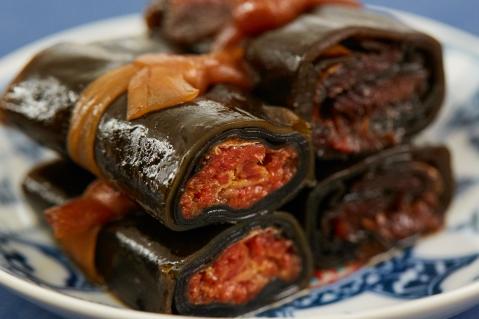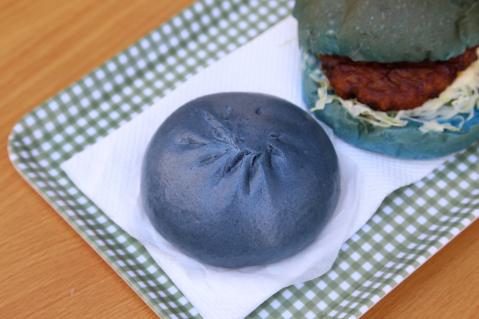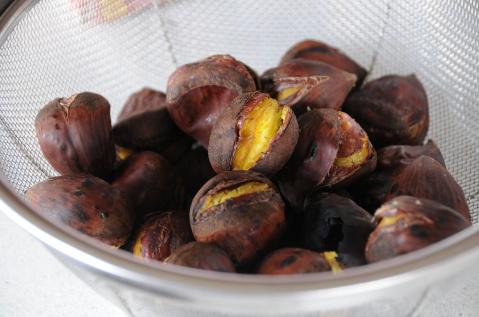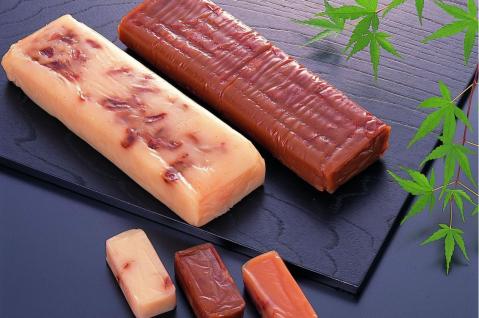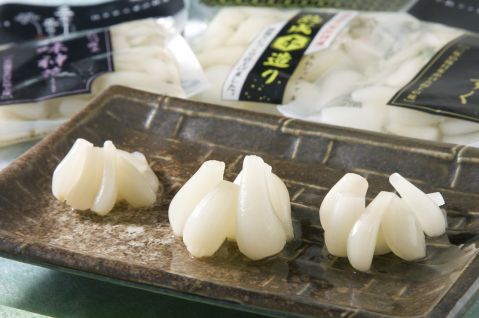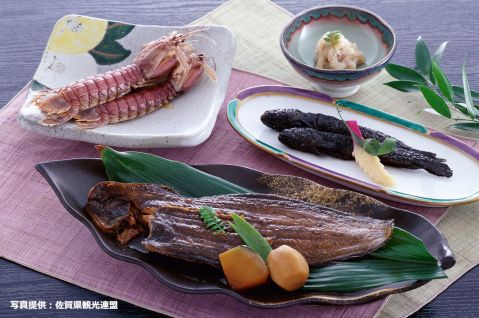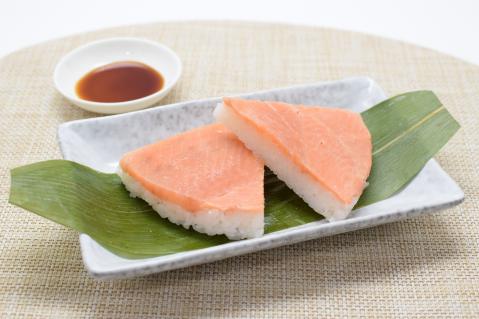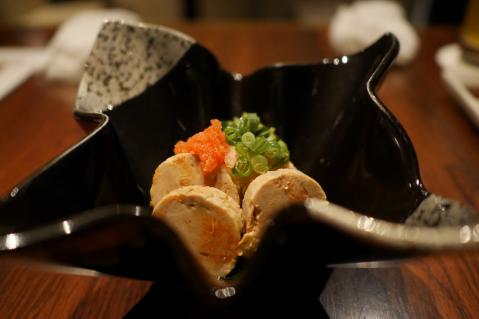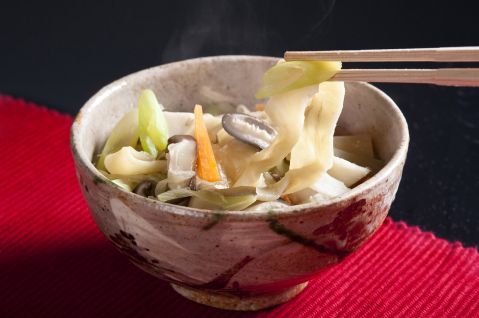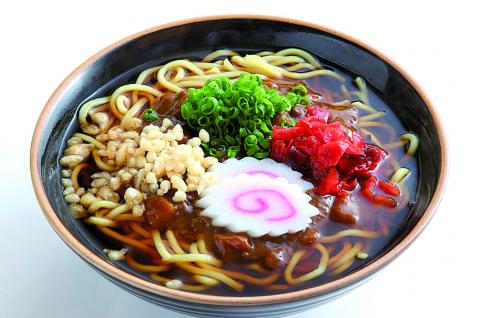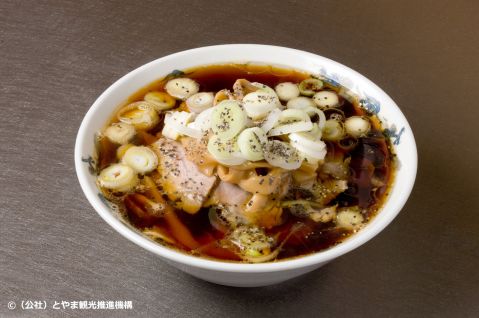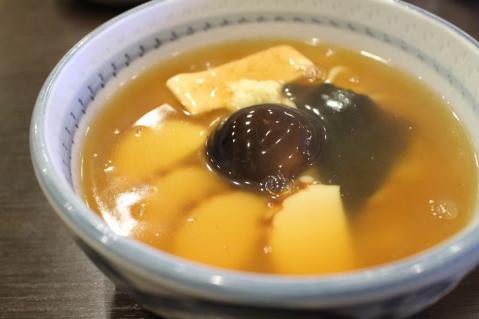Japanese Cuisine - Local cuisine
Cooking Classes in Japan
airKitchen allows travelers from all around the world to book and experience authentic cooking classes. Chose your best cooking class from 1000+ classes.
Sake Manju
Sake Manju (酒まんじゅう, Sake manju) is a beloved traditional sweet from the Houhi region, which encompasses Taketa City and Bungo-Ono City in southwestern Oita Prefecture. Sur...
Handmade Sashimi Konjac
Okukuji, a region in Ibaraki Prefecture, is known as the birthplace of konjac, a traditional Japanese ingredient. Konjac cultivation has flourished here for centuries, thanks to...
Tagane Mochi
Tagane Mochi (たがね餅, Tagane mochi) is a beloved traditional dish from southern Ibaraki Prefecture, featuring a unique texture and rich aroma made from a mixture of glutinous ...
Kirazu Mochi
Kirazu Mochi (きらずもち, Kirazu mochi) is a traditional Japanese confection made from okara, a byproduct of tofu production. Across Japan, okara has been widely consumed and is...
Jambo Mochi
Jambo Mochi (じゃんぼ餅, Jambo mochi) is a beloved traditional dish from Kagoshima Prefecture. It features freshly pounded mochi or glutinous rice flour dumplings skewered on tw...
Ebisu (Berobero)
"Ebisu (えびす, Ebisu)" is a traditional dish made with eggs set in agar jelly, commonly enjoyed during festivals and celebrations in Japan. It is believed to trace back to d...
Hasu Mushi (Steamed Lotus Root Dish)
Kanazawa City is home to a recognized brand of vegetables known as "Kaga Vegetables," with Kaga Lotus Root being one of the most historic varieties, cultivated since the feudal ...
Kombu Maki (Seaweed Rolls)
Kombu Maki (昆布巻き, Seaweed Rolls) is a traditional dish originating from Hokkaido, a region renowned for being one of Japan's top kombu (kelp) producers. This dish feature...
Denim Steamed Bun
The Denim Steamed Bun (デニムまん, Denim man) has become a popular attraction for visitors in the Kurashiki Bikan Historical District, specifically at "Kurashiki Denim Street" i...
Roasted Chestnuts
Roasted Chestnuts (焼き栗, Yaki-guri) are a beloved autumn tradition. Ibaraki Prefecture is proud to be Japan's top producer of chestnuts, both in terms of cultivation area and ...
Kujira Mochi
Kujira Mochi (くじら餅, Kujira mochi) is a traditional sweet that has been enjoyed for generations in the Shinjō and Mogami regions of Yamagata Prefecture. Despite its name, i...

